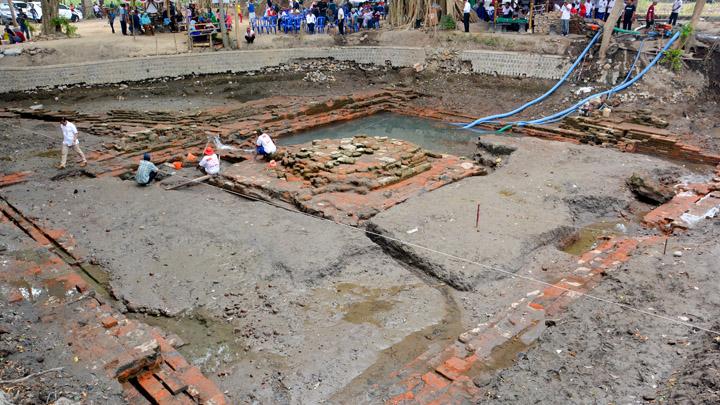
TEMPO.CO, Jakarta - Nearly half of all Indonesians do not have proper sanitation. According to data from the Coordinating Ministry for Human Development and Culture, as of 2016, about 120 million people, or around 47 percent of Indonesians, did not have decent toilets in their homes. Meanwhile, proper sanitation can improve both health and quality of life.
A number of individuals and organizations in the provinces are attempting to tackle the issue through several programs. In Dompu, West Nusa Tenggara, Sehati, a toilet loan program, has brought toilets to thousands of homes. In Kubu Raya, West Kalimantan, the public and the government have conducted a free toilet initiative for disadvantaged families. In commemoration of the World Health Day on April 7, Tempo English reports.
Toilet Loans
The Sanitation Business Owners' Forum in Dompu, West Nusa Tenggara, has developed a loan program for installing home toilets. Residents can pay for a Rp850,000 toilet in monthly installments.
Many parties are reluctant to lend money to the poor, usually because they worry that the debts will not be repaid. But the poor tend to prioritize repaying their debts over tending to their other needs once they have money-something that Rudi Purtomo, owner of a small construction materials store in the Pajo District, Dompu Regency, West Nusa Tenggara, strongly believes in.
"I really understand the 5C theory when it comes to loaning money," he said, referring to character, capital, collateral, capacity and condition.
Purtomo, who works for the Pajo District Office, opened a shop selling construction materials such as sand, cement, bricks and hardware to earn extra money for his family. But over the years, his business slowly began to make less money. He suspected it was because of his stronger focus on his day job.
Sales at his shop began to pick up after activists promoting the Sehati (Sustainable Sanitation and Hygiene for Eastern Indonesia) program asked him to join in training for sanitation entrepreneurship in November 2016. Sehati, created that same year, is a program created by a consortium of non-profit organizations such as Plan International Indonesia, the Dian Desa Foundation, the Rumsram Foundation, the Masyarakat Peduli NTB Foundation, and CD Bethesda Yakkum.
Purtomo and several other business owners in Dompu took part in the training program. The Sehati consortium called on them to build toilets in the homes of less-fortunate residents, allowing them to pay for the work in installments. Purtomo immediately took them up on their offer. "Many people thought I was crazy," said the 46-year-old man.
Many assumed that Purtomo's customers would not be able to meet payments and that the business would quickly go bankrupt.
But Purtomo believed otherwise. As a government worker at the district office, he was able to access residents' data. He found that over 26 thousand families in Dompu did not have indoor toilets, which meant that many people still had to answer the call of nature in fields, rivers, and even in the ocean. "I wasn't doing anything radical. There was a great business potential."
His conviction only grew stronger after the Sehati team committed to encouraging every family in Dompu to own an indoor toilet, with the support of the Dompu regency government. In 2017, the regency government issued a regulation to support quickly moving the indoor toilet loan program forward through Dompu Regent's Decree No.050/92/Bappeda on the Formation of a Working Group for Drinking Water and Community-Based Environmental Sanitation.
The Sehati consortium and the government's working group then began promoting Purtomo and his colleagues' business initiative. "If it's ordinary business, I should pay commission to marketers," said Purtomo jokingly.
Purtomo's positive attitude apparently paid off. Since the end of 2016, he has installed around 2,000 toilets.
Read more inspiring Outreach stories in Tempo English Weekly Magazine























